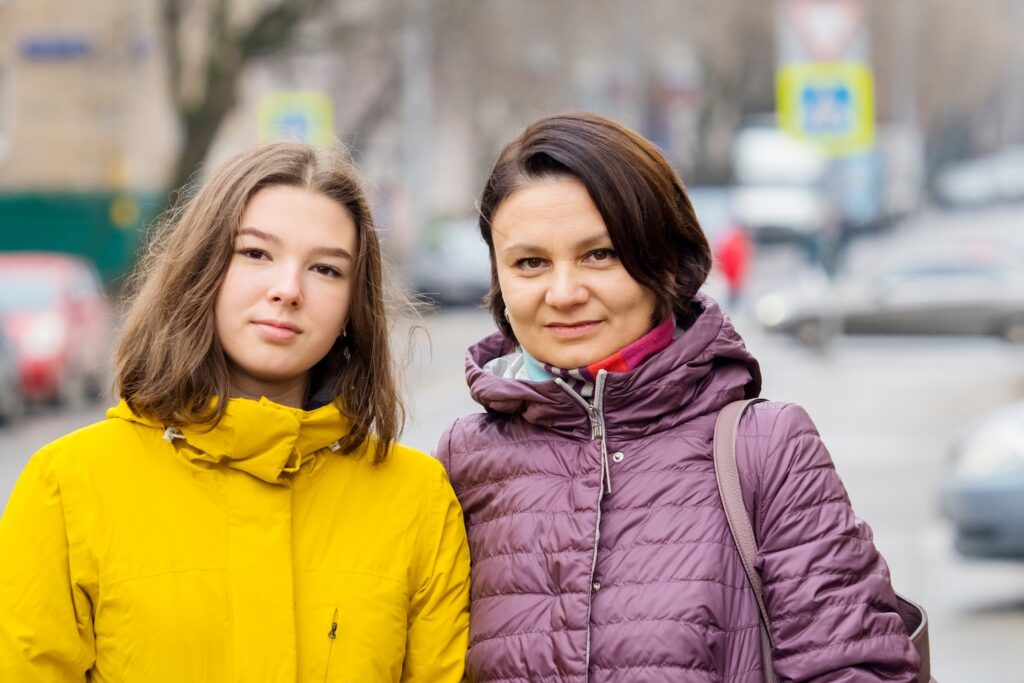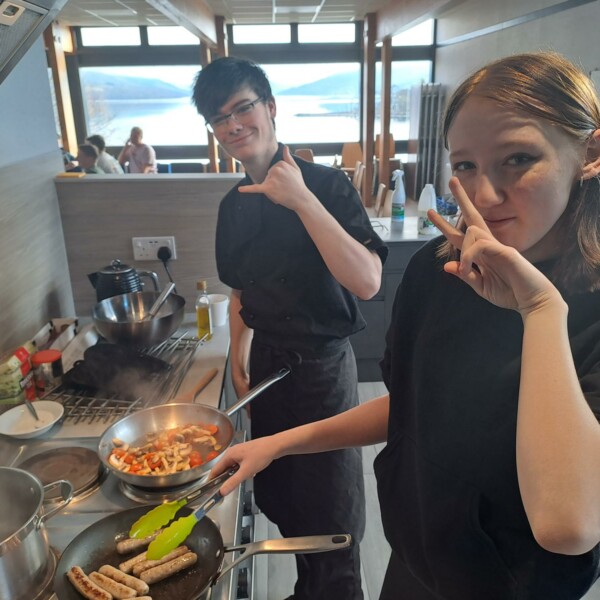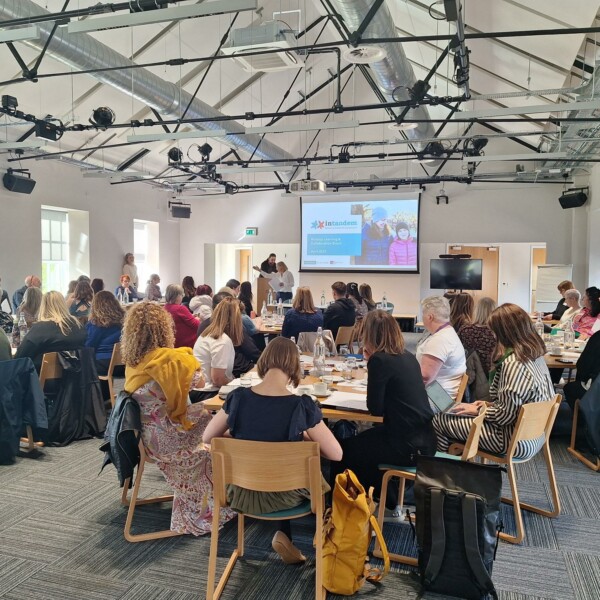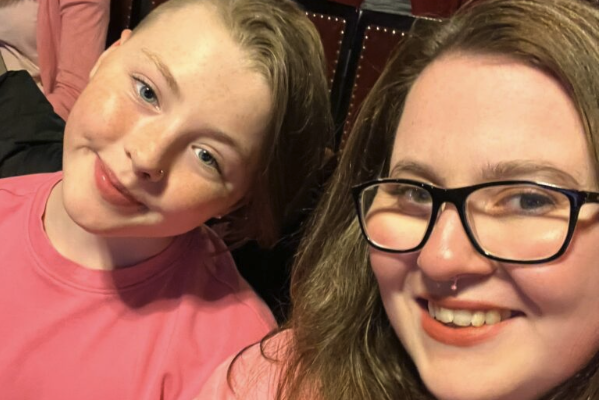Posts by Jasmine Geddes
Developing a Universal Definition of ‘Care Experience’: An Opportunity to Address the Imbalance of Support
The Scottish Government’s recent public consultation on Developing a Universal Definition of ‘Care Experience’ presents a critical opportunity to address the imbalance of support available to those experiencing the ‘care system.’ intandem, Scotland’s mentoring programme for young people in, or at risk of experiencing the ‘care system’, is well positioned to gather valuable insights from…
Read MoreChildren’s Hearings Redesign consultation: the importance of trusted relationships
The children’s hearings system is familiar to the young people mentored by intandem and their families. When the Scottish Government invited views on the proposed redesign of Scotland’s children’s hearings system, we felt it was essential to share their voices. Like mentoring, we found that redesigning the system to prioritise trusted relationships was essential to…
Read MoreMoving on from Care Into Adulthood consultation: Gathering the voices of people with lived care experience
The Scottish Government recently invited views on the support needed by young people leaving care and entering adulthood as part of the ’Moving On’ From Care Into Adulthood public consultation. As Scotland’s mentoring programme for children and young people with experience of care, we are in a unique position to gather insights from those with lived experience. We…
Read MoreKinship Learning and Collaboration
We recently brought together organisations to host an event looking at where kinship care currently is in Scotland and where it needs to be to support young people and their wider families to thrive. The kinship care landscape in Scotland “We need to do more for kinship carers and children” Since 2016, Inspiring Scotland…
Read MoreCare Leavers Payment: The power of listening to young people and our partner organisations
The Scottish Government has recently asked for views on their proposed Care Leavers Payment. As Scotland’s national mentoring programme for children and young people with care experience, our Fund Manager Christine was in a unique position to gather valuable insights from the young people this will affect. Here’s what she found out… In my…
Read MoreImpact stories: Crowdfunder update
You may remember in the summer, we set out to raise money so the children and young people mentored by intandem could do something a bit more special this summer. Well, thanks to 80 generous donors, we raised an incredible £10.062! More than 120 children and young people with care experience across Scotland were able…
Read More






